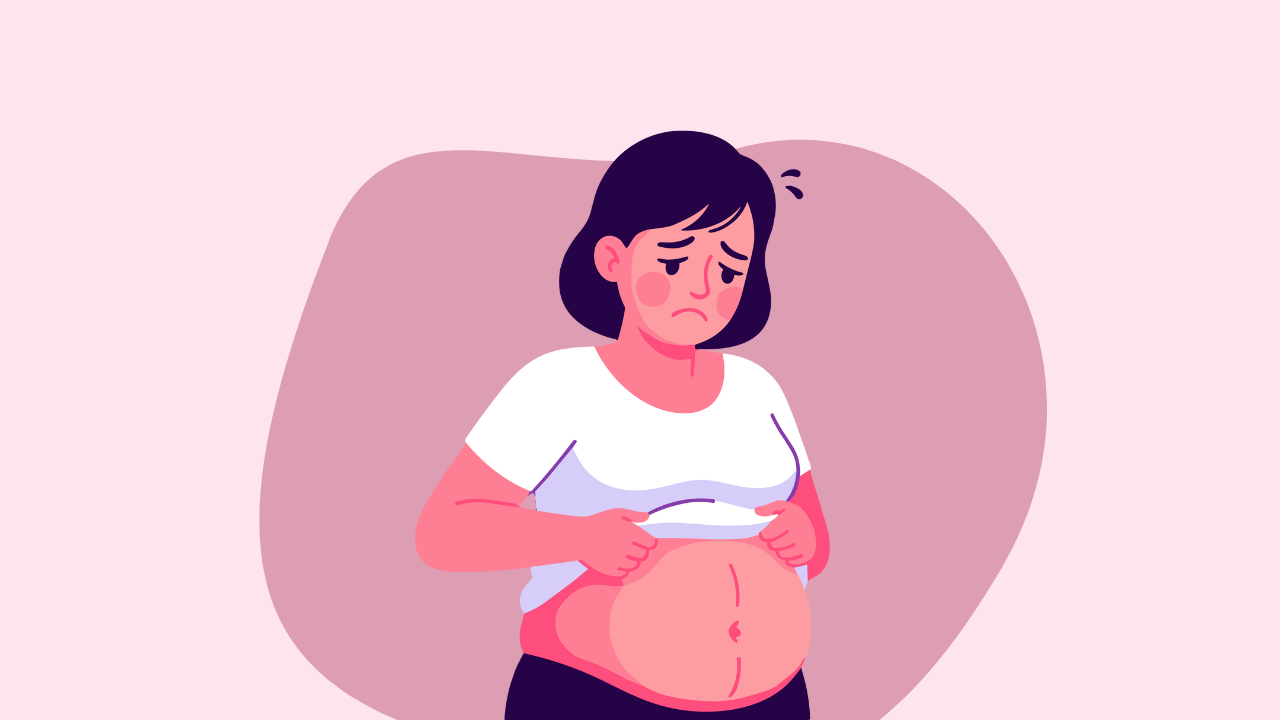New Research Shows Breastfeeding Is Safe for Many Breast Cancer Survivors

New research presented at the 2024 European Society for Medical Oncology (ESMO) Annual Meeting has shown that breastfeeding is possible for women who have survived breast cancer, challenging longstanding concerns within the medical community. Two international studies, both led by Italian researchers, have provided evidence that breastfeeding can be safe for breast cancer survivors, even those carrying the BRCA gene mutation, which heightens the risk of cancer in the opposite breast.
Historically, many doctors have been cautious about recommending breastfeeding after breast cancer, largely due to concerns over hormonal changes that occur during pregnancy and lactation. These concerns are particularly relevant for hormone-responsive breast cancers, where hormone fluctuations could potentially influence cancer recurrence.
The first study, the POSITIVE trial, followed 518 women with hormone receptor-positive breast cancer who paused their hormone therapy to conceive. The study, conducted across 116 institutions in 20 countries, found that 62% of the 317 women who successfully completed a pregnancy were able to breastfeed. Importantly, no significant differences in breast cancer recurrence were observed between women who breastfed and those who did not, with recurrence rates of 3.6% and 3.1%, respectively, over a 24-month period.
The second study focused on 4,732 young women with breast cancer who were carriers of the BRCA gene mutation, tracking outcomes in 474 women who gave birth. Around 23% of these women breastfed, and while a significant portion had preventive bilateral mastectomies prior to childbirth, breastfeeding did not appear to increase the risk of local recurrence or new cancer in the opposite breast.
Both studies highlight the growing body of evidence supporting the safety of breastfeeding for breast cancer survivors. As survival rates for breast cancer continue to improve, more women are now able to plan pregnancies and consider breastfeeding as part of their reproductive lives. Recent advances in research have demonstrated that pregnancy is generally safe for breast cancer survivors, and now, the possibility of breastfeeding is being explored more deeply.
However, researchers acknowledge that these findings are not definitive. The POSITIVE study is ongoing, and more prospective studies are needed to confirm the results, particularly for women with BRCA mutations. Despite these limitations, the findings represent an important step toward empowering breast cancer survivors to make informed choices about their reproductive health, including the option to breastfeed.
The researchers emphasize that not every woman will choose to breastfeed, and for some, this decision is personal and entirely legitimate. What is critical, they argue, is ensuring that the option is available for those who wish to pursue it, supported by adequate medical guidance and societal resources.
For breastfeeding to be a viable option for breast cancer survivors, support systems must be in place. This includes not only medical counseling but also social support networks that promote maternity leave, breastfeeding protections, and access to organizations that assist new mothers. The goal is to help breast cancer survivors navigate the complexities of motherhood while maintaining their own health and well-being.
These studies mark a significant shift in how doctors approach breastfeeding after breast cancer, offering hope for survivors who wish to pursue this aspect of motherhood while staying informed about their oncological outcomes.







